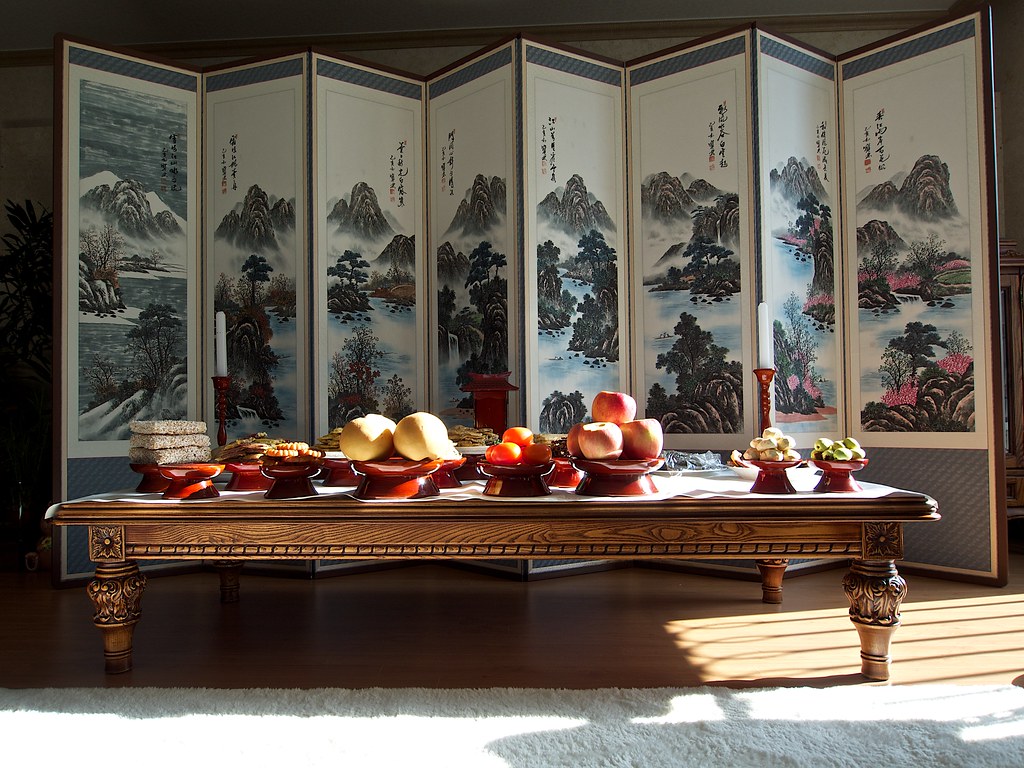Does Religion Equal Spirituality?
I want to ask what it means to be spiritual in today's world. Are being religious and being spiritual the same thing? Is spirituality something that can only be found and practiced within man-made walls? If it is, then what is there for those who don’t tend to follow these traditional routes to spirituality? Religions like Christianity and Islam have been around for thousands of years. They have influenced the world and their followers greatly. However, is there only a choice between finding spirituality in religion and having none at all?
I, for one, don’t think that the choice is necessarily this black and white. It shouldn't be. I believe that it is indeed possible to feel a sense of spirituality without being part of a formal institution. As someone who participated in one of these establishments every week for nearly 20 years, I can say that I never felt close to feeling spiritual when sat between those walls. Perhaps I just need to explore another religion as is becoming the trend nowadays.
According to a survey conducted by Pew Research in 2007, "More than one-quarter of American adults (28%) have left the faith in which they were raised in favor of another religion - or no religion at all." What motivations are standing behind such a statistic? Of course those major organizations can give wonderful guidelines for communities to live by, but they also provide numerous rules to abide by. These rules often restrict the soul, not set it free.
Spirituality in the Twenty-First Century
Shakespeare's Hamlet has been famously credited for coining the phrase “nothing is neither good nor bad, but thinking makes it so.” For a lot of people, being part of a structured, organized religion is the key to spirituality. However, look at the world and how much it has changed – the way we eat, drink, learn, play, party, travel, and communicate – the list is endless of what has been altered over time. So why do we continue to follow methods that were created so long ago? Young people nowadays are leaving traditional religions and are searching for new means to develop their inner selves. Besides, there is no clear definition of spirituality. No one can say one way is either correct or incorrect. For some it may sound oxymoronic to say ‘Yeah, I'm spiritual, but I'm not religious.” People should be entitled to feel how they want, and I’d even encourage people to find some sense of spirituality within themselves, no matter how small it may seem to be. Too many people these days are trapped behind desks, phone screens and computers and need to get out and experience the world to find that unique sense of being.
[caption id="" align="aligncenter" width="329"]
What Is Being Spiritual?
Why do we even need spirituality? Is the world just blood, bone, rock, plant and physical matter? No one can say for sure, not yet anyway. Nobody probably ever will. I’d like to think that there is something else, something mystical, incorporeal on our universe. It is that ‘x-factor’ that makes our lives more enjoyable and worthwhile. It can’t be just about money and material goods, can it? This is where the word ‘spirit’ comes to mind. It is where we learn if there is a deeper meaning to life. Everyone has a spirit. Perhaps they don’t call it a spirit, but rather ‘soul’ or ‘energy’ or ‘character.’
Since arriving in Korea, I was initially surprised to learn how Christian the society here is, especially as I don't tend to associate Asia with Christianity. I've worked closely with many clever and kind people who get up every day to attend early services and spend their weekends dedicating all their free time to cooking, cleaning and decorating churches. Perhaps these people are in touch with their spirits but on the face of things, they were also constantly exhausted and often fell ill due to a lack of a healthy diet (fasting) and a lack of sleep. Surely a healthy body is part of having a healthy mind and maybe even a healthy soul.
Where Can We Find Spirituality?
If spirituality isn’t relegated to churches, temples and mosques, then where is it hiding? Of course, for some, it remains in these places. But a concrete answer to spirituality will never really be found: One man's trash is another man's treasure.
For me, our spirit is harnessed through our experiences – the places we go, the people we meet, the cultures we encounter, our interaction with nature, even the books and music we consume can shape our personalities, our way of thinking and ultimately, our souls. This variety of factors opens our senses, broadens our thinking and can make us better people, if we are willing to learn from them. On a personal note, though it may sound ‘hippyish’, I think I have gained an immeasurable amount from travelling. Of course, travelling is not a religion, but its impact on an individual cannot be underestimated. I don’t envy those who have travelled so much more than me but instead wish to follow their lead. There is so much to be learned from meeting others and seeing what makes them tick in life.
I’d like to encourage those who lack a sense of spirit to get out and search for it. Though I can’t say what it looks like or where it will be, the truth is out there.
(Featured image credits.)
